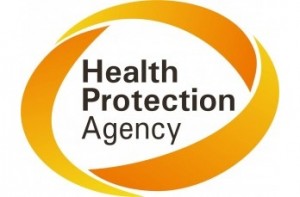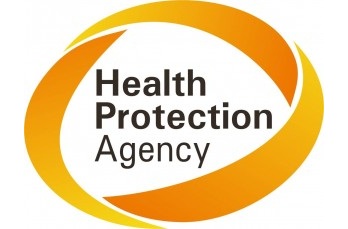During national Food Safety Week, The Health Protection Agency (HPA) is reminding everyone to practice good kitchen hygiene to reduce their risk of becoming unwell. Research from the agency reveals that there are an estimated 1.7 million cases of foodborne illness in England and Wales each year* – an average of 33,160 cases each week.
 |
| [relatedPosts title=”Related Posts”] |
|
|
The foods most likely to cause food poisoning are poultry (29 per cent – this is the highest as proportionally more people eat chicken), red meat (17 per cent) and seafood (seven per cent). The foods least likely to cause food poisoning are cooked vegetables, fruit and rice.
The most commonly identified bacteria which cause food poisoning are campylobacter (338,000 cases), Clostridium perfringens (168,000 cases) and salmonella (73,000 cases).
These bacteria can be found widely in the environment and in the guts of people and animals. Infection can often be associated with the handling and consumption of undercooked meat and seafood. The level of illness seen across England and Wales highlights the need for a timely reminder about the need for thorough cooking and good kitchen hygiene.
During Food Safety Week here are some top tips to reduce your risk of food poisoning:
- Ensure that you cook/BBQ meat until it is piping hot – particularly poultry, as this will kill off any bacteria.
- Avoid cross contamination in the kitchen:–
- Keep cooked food away from raw food
- Store raw foods below cooked or ready-to-eat foods in the fridge to prevent contamination.
- Keep all kitchen surfaces and equipment including knives, chopping boards and dish cloths clean
- Don’t use the same chopping board for vegetables and meat
- Wash your hands thoroughly before preparing food and after using the toilet
Dr Bob Adak, an expert in gastrointestinal disease at the HPA, said: “Food Safety Week is the perfect time to remind people of the importance of thoroughly cooking food, particularly meat, to reduce the risk of illness. That coupled with practicing good kitchen hygiene could reduce the number of people who are falling ill each week with a stomach bug.
“You can see from the figures from our research that we do need to highlight the importance of these simple messages. Bacteria can survive in all kinds of environments and can grow and spread rapidly given the opportunity. But you can combat this by cooking meat correctly to kill any bacteria that may be present and using hot soap and water when washing up and wiping surfaces thoroughly to eliminate harmful bacteria and reduce the risk of infection.”
Further Information
- *The research is taken from the paper ‘Disease Risks from Foods, England and Wales, 1996-2000 which was published in Emerging Infectious Diseases. www.cdc.gov.eid Vol 11, No. 3, March 2005.
- Poultry was the biggest cause of food poisoning with 502,634 cases (29 per cent). This was broken down as follows:
- Chicken was the biggest risk factor with 398,420 cases (23 per cent)
- Turkey was estimated to cause 87,798 cases (five per cent).
- Food poisoning caused by red meat was estimated to cause 287,485 infections (17 per cent)
- This was broken down as follows:
- beef 115,929 (7 per cent)
- pork 46,539 (three per cent)
- bacon/ham 17,450 (one per cent)
- Food poisoning caused by seafood caused 116,603 cases of food poisoning (seven per cent) with shellfish being the major cause of illness with 77,019 (four per cent).
- Campylobacter caused the greatest impact on the healthcare sector and this bacteria is often associated with poultry meat. Infection with Clostridium perfringens can occur when food, usually meat, is prepared in advance and kept warm for several hours before serving allowing the bacteria to survive. Salmonella bacteria live in the gut of many farm animals and mainly contaminate meat, eggs and poultry although they can infect other food products.
- The Food Standards Agency (FSA) also has advice on eating safely during Food Safety Week http://www.food.gov.uk/news/newsarchive/2012/jun/food-safety-week
- Advice on cooking food safely on a BBQ can be found on the NHS Choices website http://www.nhs.uk/livewell/summerhealth/pages/barbecuefoodsafety.aspx
- The Health Protection Agency is an independent UK organisation that was set up by the government in 2003 to protect the public from threats to their health from infectious diseases and environmental hazards. In April 2013 the Health Protection Agency will become part of a new organisation called Public Health England, an executive agency of the Department of Health. To find out more, visit our website: www.hpa.org.uk or follow us on Twitter @HPAuk.
- For more information please contact the national HPA press office at Colindale on 0208 327 7901 or email [email protected]. Out of hours the duty press officer can be contacted on 0208 200 4400.
.





